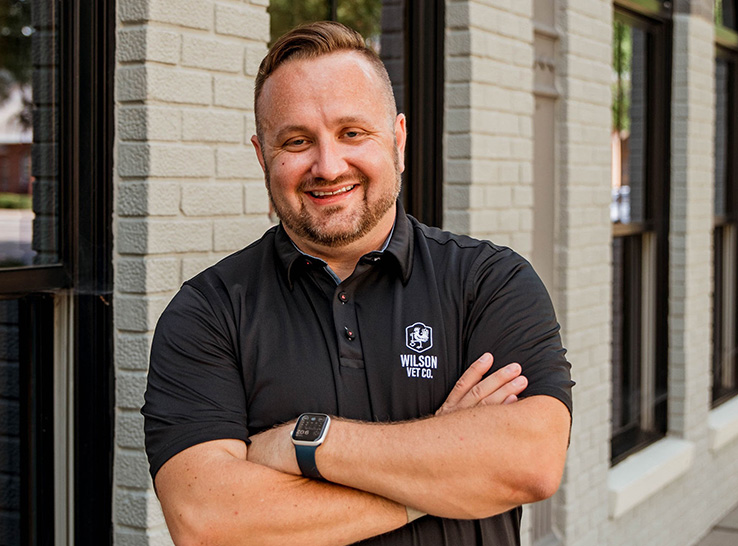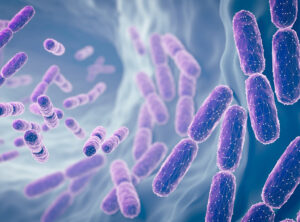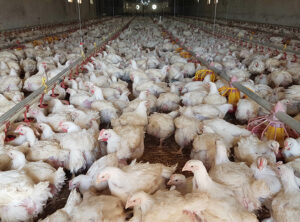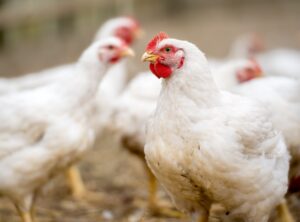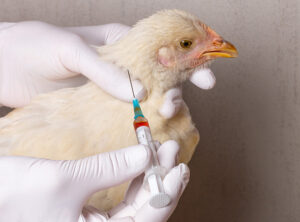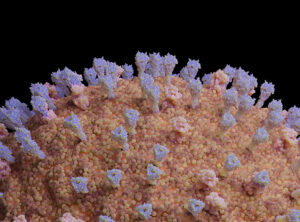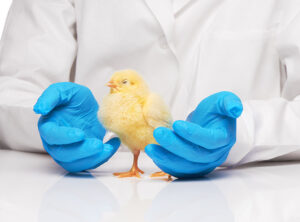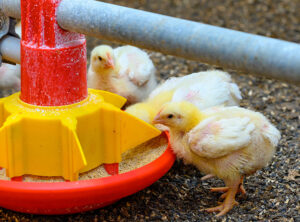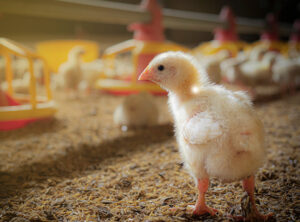
Interview: Optimizing vaccine performance in the field
Vaccines are essential tools for managing diseases in poultry and ensuring flock welfare. Taking shortcuts with them is never a good idea, however, and there’s plenty of research to prove it. In the second of a two-part series, Bill Stanley, DVM, and Isabel Gimeno, DVM, PhD, talked about their experiences managing vaccines and ensuring optimum performance.

